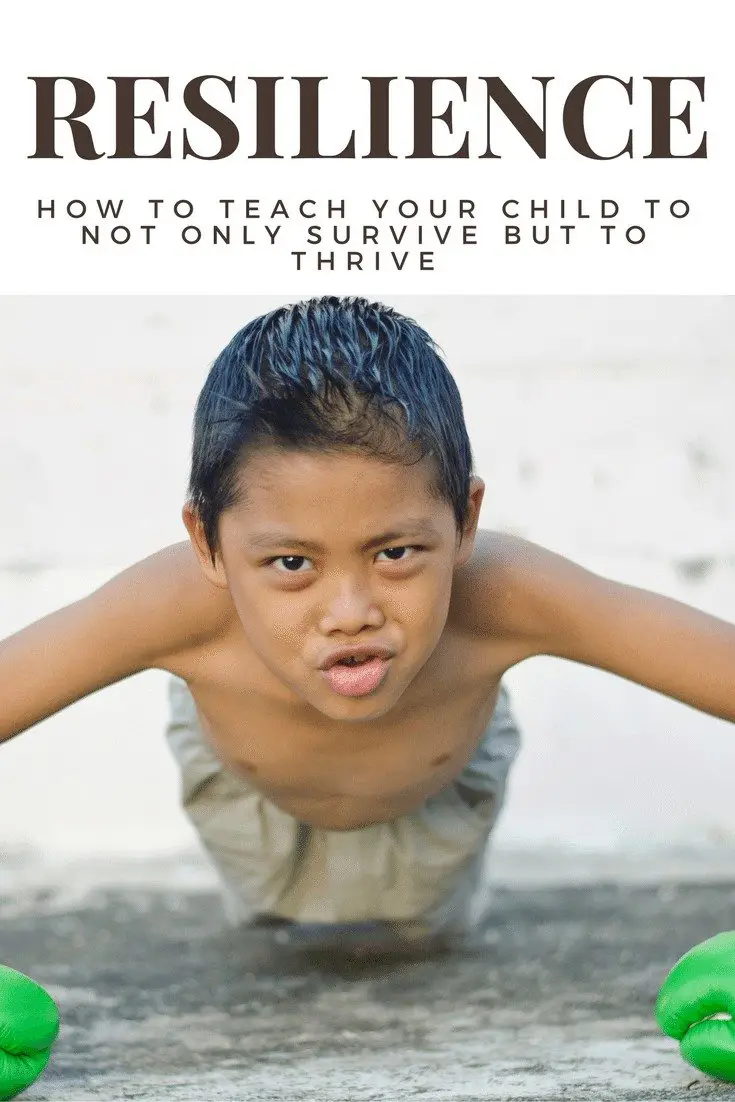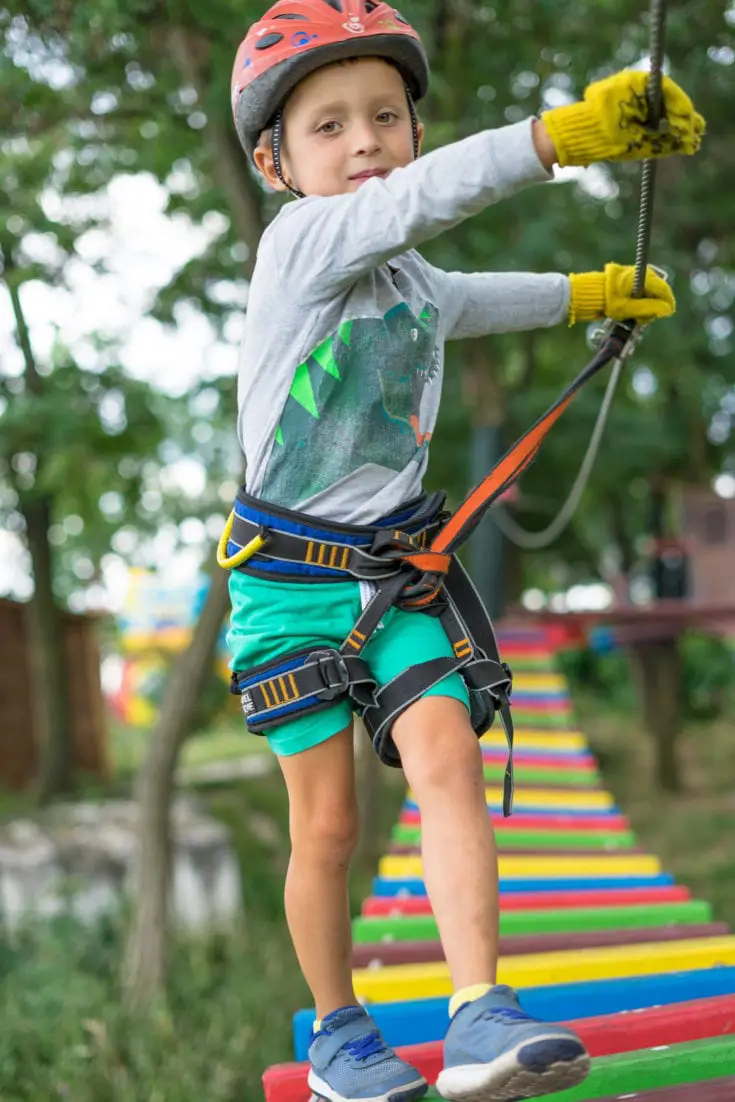Many years ago, before I became a parent, I discovered Josh Waitzkin and his book The Art of Learning. At the time, life was all about yours truly and I was searching for ways to build resilience. By nature, I am always seeking ways to be better, how to better deal with stress, and to grow as a human being. The Art of Learning spoke to me for those reasons. In the past few years, as I have revisited Josh’s work, I have become enamored with applying his ideas to parenting and to early childhood education within the context of problem-solving and development of coping skills.

More specifically, recently, I have been studying resilience. I worry that my children given their rolling out of the red carpet birth into this world will be weak. I worry they will not be resilient and embrace entitlement. What I worry about even more is that kids (well, my kids specifically but it is a bigger problem) will grow up without a sense of purpose or meaning to their life and their life’s work.
How do we teach our kids to do good, to be good at whatever & whomever they face every day?

How to Teach a Child Resilience, Problem-Solving, & Coping Skills
Here are a few golden nuggets inspired and taken from Josh’s work in which we can absolutely apply to our work with children.
- End your day with high-quality work.
- Embrace the learning process as organic and from a long-term perspective
- Seek out challenges, don’t avoid them. Be willing to overcome a challenge rather than shy away from it.
- Find a way to embrace the chaos, the discomfort, or the fear
- Push yourself to experience and to understand what you’re capable of
- Make space in your life for the creative process; minimize the input to maximize the output
- Begin anything new with a child’s enthusiasm
- Get to know adversity and its place in your life. In other words, learn from failure and mistakes.
- Be present & engage with the people closest to you
- Many times throughout the day, shift from stress to recovery and back again
- Distinguish the macro from the micro; depth over breadth; dig into the micro to understand what makes the macro click
- Lay the foundation and understand the fundamentals
- Know yourself & your emotional make-up; accept how you respond naturally and work with it
- Accept your goodnesses and weaknesses
- Listen more than you talk
Teach Resilience & Problem Solving Skills
It is easy for me to write out this list and send it off into the universe. The hard part is putting all these points into practice. In other words, kids will come up against a wall at times suffocating from anxiety. So, how do we help them move past that frustration and deal with problems effectively? How do we teach our kids that doing hard things and dealing with difficult situations head-on will make them stronger?
Coping Skills for Kids
- Mindfulness exercises
- Getting outside – Fresh air does a load of good and is often underestimated or missed altogether as one of the best ways to reset.
- Drawing – Grabbing a sketch pad and seeing where your hands and mind take you is often therapeutic.
- Quiet space – My oldest son needs his quiet alone time to release a days activity or stress
- Music – my son likes to play around on his keyboard or guitar as a way to take a brain break
- Touch – Sometimes a child simply needs a hug or some snuggles to feel comfort in the anxiety or to feel confident in the ability to solve a hard problem
- Movement – Activities such as jumping on a trampoline or using a jump rope really help kids get out of a funk. Riding a bike, playing basketball, or sometimes simply going for a walk does a ton of good for the mind and dealing with stress.
- Writing
What is your tip for raising resilience kids?
Marnie
